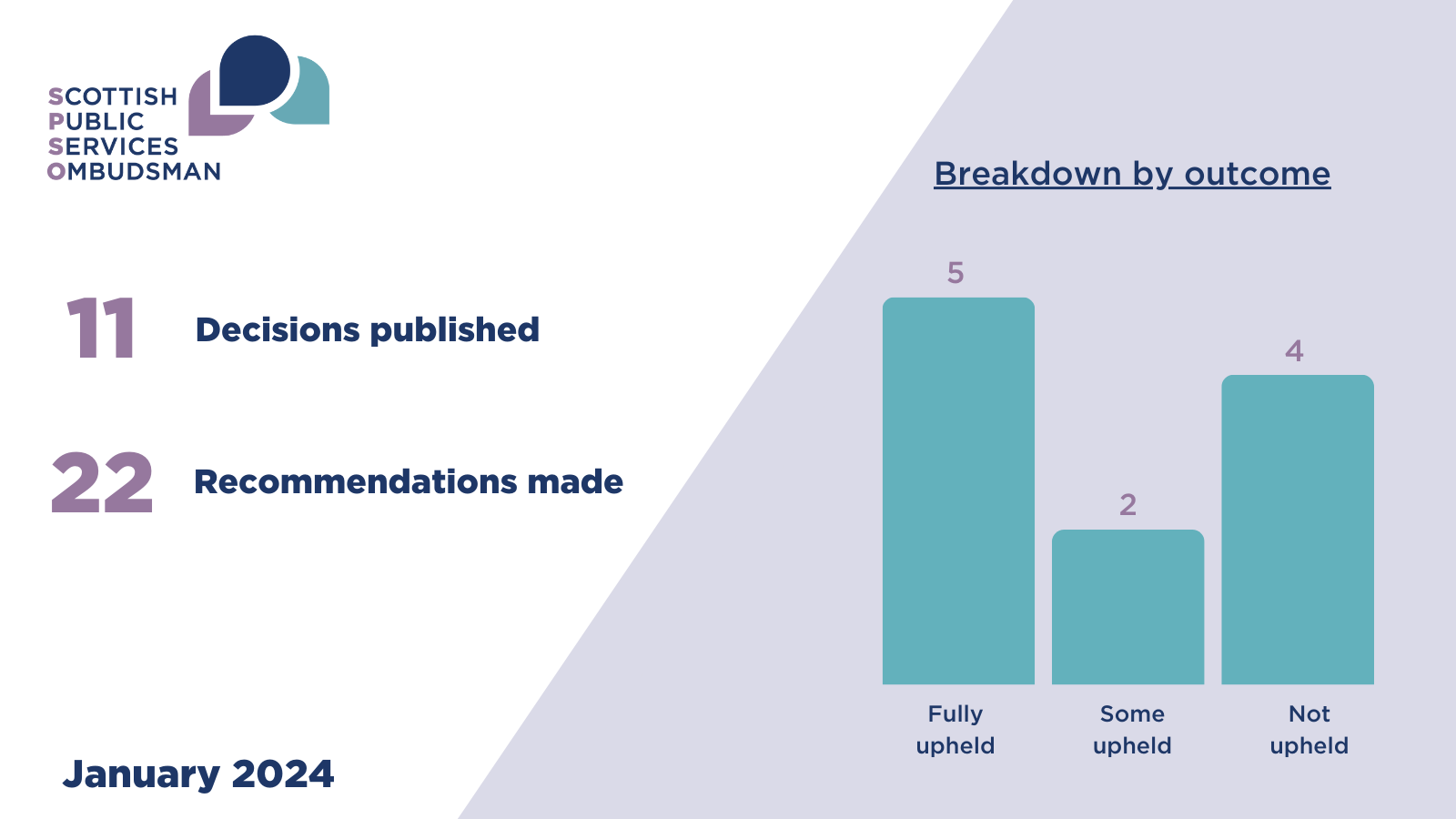(CoE) Annual Report 2023: Commissioner Mijatović calls for determined and collective efforts to regain lost ground and advance human rights
Date of article: 22/01/2024
Daily News of: 24/01/2024
Country:  EUROPE
EUROPE
Author: CoE - Commissioner for Human Rights
Article language: en
“The intensification of challenges to the protection of human rights cannot be an excuse for giving up. Rather, the moment calls for a renewed commitment to the principles and standards for which our Organisation stands”, said today the Council of Europe Commissioner for Human Rights Dunja Mijatović, presenting her annual report for 2023 before PACE. “To regain lost ground and advance the cause of human rights, we must address the situation with determination and collective effort”.
This year’s report, the last of Commissioner Mijatović’s mandate, paints a worrying picture across Europe. The report highlights the human rights situation in conflict zones. Following her visit to Ukraine in March, the Commissioner focused on the crucial issues of the human rights situation of children transferred to Russia or Russian-occupied territories of Ukraine, and the human rights of Crimean Tatars in Russian-occupied Crimea. “While some reunifications have taken place, sustained international support for Ukrainian and Russian civil society organisations and individuals facilitating the reunification of Ukrainian children with their families or legal guardians remains essential”.
Following her visit to Armenia and Azerbaijan, including the Karabakh region, in October last year, the Commissioner calls on the authorities to ensure focus on human rights protection in their peace talks and establish strong human rights safeguards for all persons affected by the conflict.
In addition, there is a growing disregard for human rights standards, with hostile narratives threatening the fundamental principles of the universality and indivisibility of human rights. “This is most visible in the approach to migration management, with deeply alarming levels of tolerance to serious human rights violations against refugees, asylum seekers and migrants and neglect of rule of law principles taking root across Europe”, she stresses.
The increasing intolerance faced by LGBTI people, the retrogressive policies and rhetoric in several European countries undermining progress in protecting the rights of women and girls and the increasing polarisation within our societies are other trends illustrating a hostile environment for human rights.
The report also stresses the need to address the growing crises in the rights to adequate housing, health services, quality education, and an adequate standard of living, and the human rights impact of the triple planetary crisis of environmental pollution, climate change and biodiversity loss, and to protect human rights in the evolving context of the use of artificial intelligence.
2023 was also marked by the urgency of reversing the growing restrictions on civic space. “The disturbing decline in the safety and freedom of human rights defenders and journalists already has serious consequences for democracy and the protection of human rights throughout Europe”, she stresses.
Depicting an increasingly intricate and demanding human rights landscape, the Commissioner however underlines that there are many sources of hope and examples of resilience, such as the Heads of State and Government pledging to reaffirm their commitment to the norms and principles of the Council of Europe at the Summit in Reykjavik; the collective response to the war in Ukraine and the unwavering commitment of NGOs, journalists, human rights defenders, national human rights institutions and activists to stand up for human rights.




